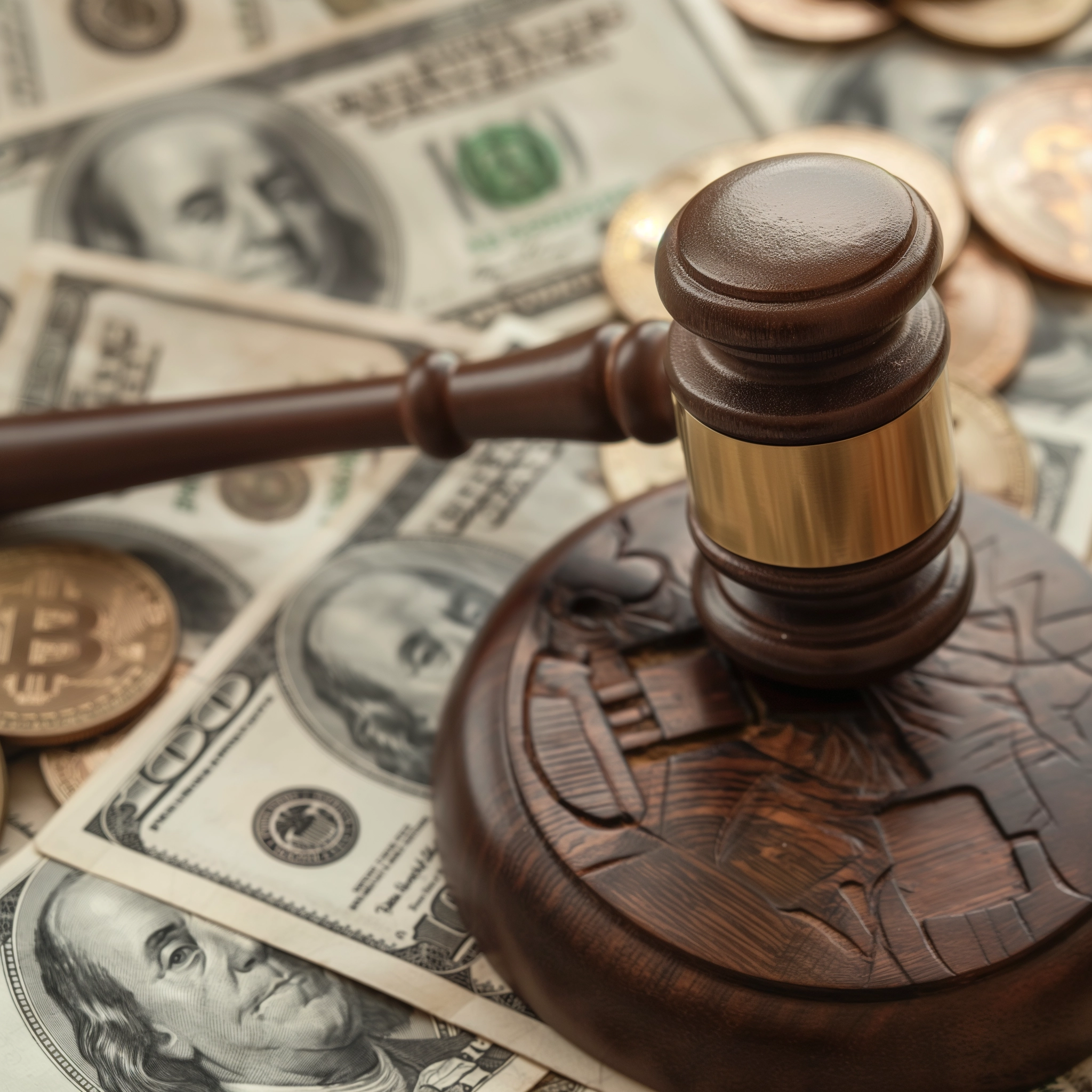As the Non-Fungible Token (NFT) market continues to expand rapidly, it’s essential for participants to understand the legal and regulatory landscape surrounding these unique digital assets. Here are some key considerations along with frequently asked questions (FAQs) to help navigate the legal and regulatory aspects of NFTs:
Legal Considerations:
- Intellectual Property Rights: Artists and creators must be mindful of intellectual property laws when minting and selling NFTs, ensuring they have the necessary rights to tokenize and commercialize their work. Buyers should also verify the authenticity and ownership of NFTs to avoid copyright infringement issues.
- Contractual Obligations: Smart contracts embedded in NFTs may contain contractual terms and conditions governing ownership rights, royalties, and usage rights. It’s crucial for both creators and buyers to review and understand these terms before engaging in transactions.
- Tax Implications: NFT transactions may have tax implications, including capital gains taxes on profits from buying and selling NFTs, sales taxes on purchases, and income taxes on royalties earned by creators. Participants should consult with tax professionals to ensure compliance with relevant tax laws.
- Consumer Protection: Regulatory authorities may intervene to protect consumers from fraudulent activities, scams, and misleading representations in the NFT market. Marketplaces and platforms should implement measures to verify the authenticity of NFTs and protect users from potential risks.
Regulatory Considerations:
- Securities Regulations: Some NFTs may be classified as securities under securities laws, particularly if they represent ownership in a company, investment fund, or revenue-sharing agreement. Compliance with securities regulations, including registration and disclosure requirements, may be necessary in such cases.
- AML/KYC Compliance: Anti-Money Laundering (AML) and Know Your Customer (KYC) regulations may apply to NFT marketplaces and platforms, requiring them to implement identity verification procedures and transaction monitoring to prevent money laundering and terrorist financing activities.
- Data Privacy: NFT platforms must comply with data privacy regulations, such as the General Data Protection Regulation (GDPR) in the European Union, to protect users’ personal information and ensure secure handling of data collected during transactions.
FAQs
Are NFTs subject to copyright laws?
Yes, NFTs are subject to copyright laws, and creators must have the necessary rights to tokenize and sell their work as NFTs. Buyers should verify the authenticity and ownership of NFTs to avoid copyright infringement issues.
Do I need to pay taxes on NFT transactions?
Yes, NFT transactions may have tax implications, including capital gains taxes on profits from buying and selling NFTs, sales taxes on purchases, and income taxes on royalties earned by creators. Consult with tax professionals for guidance on tax compliance.
Are NFTs considered securities under securities laws?
Some NFTs may be classified as securities under securities laws if they represent ownership in a company, investment fund, or revenue-sharing agreement. Compliance with securities regulations may be required in such cases.
What measures do NFT platforms take to protect users from scams and fraud?
NFT platforms should implement measures to verify the authenticity of NFTs, conduct due diligence on creators, and protect users’ personal and financial information. Enhanced security protocols and user education programs can help mitigate risks.
How can I ensure compliance with legal and regulatory requirements when minting and selling NFTs?
To ensure compliance with legal and regulatory requirements, creators and buyers should consult with legal professionals knowledgeable in intellectual property, securities, tax, and consumer protection laws. Conducting thorough due diligence and staying informed about regulatory developments is essential.

